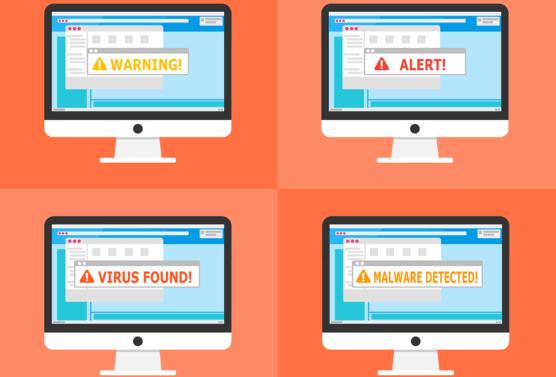The word “Impostor” means “Phony, fraud, sham, pretender, cheat.”
Nobody likes to be taken advantage of or to have their hard work stolen. Unfortunately, this is a crime that has been committed for centuries, and the cyber world is no exception. And while many people are aware of hacking, scams, and ransomware attacks, there are two additional ways that criminals are using the web – creating impostor domains and email spoofing, also known as Business Email Compromise (BEC).
In recent weeks, the crime of Impostor Domains has made tech headlines. Impostor Domains, also known as a homoglyph, are defined by Glosbe as “a character identical or nearly identical in appearance to another, but which differs in the meaning it represents.” Microsoft defines the word as “the exploitation of similarities of alphanumeric characters by cybercriminals to create deceptive domains for unlawful impersonation of legitimate organizations.” The use of impostor domains is similar to another malicious practice is known as Typosquatting or URL hijacking, in which hackers intentionally register domains of well-known websites but with the domain intentionally misspelled.





